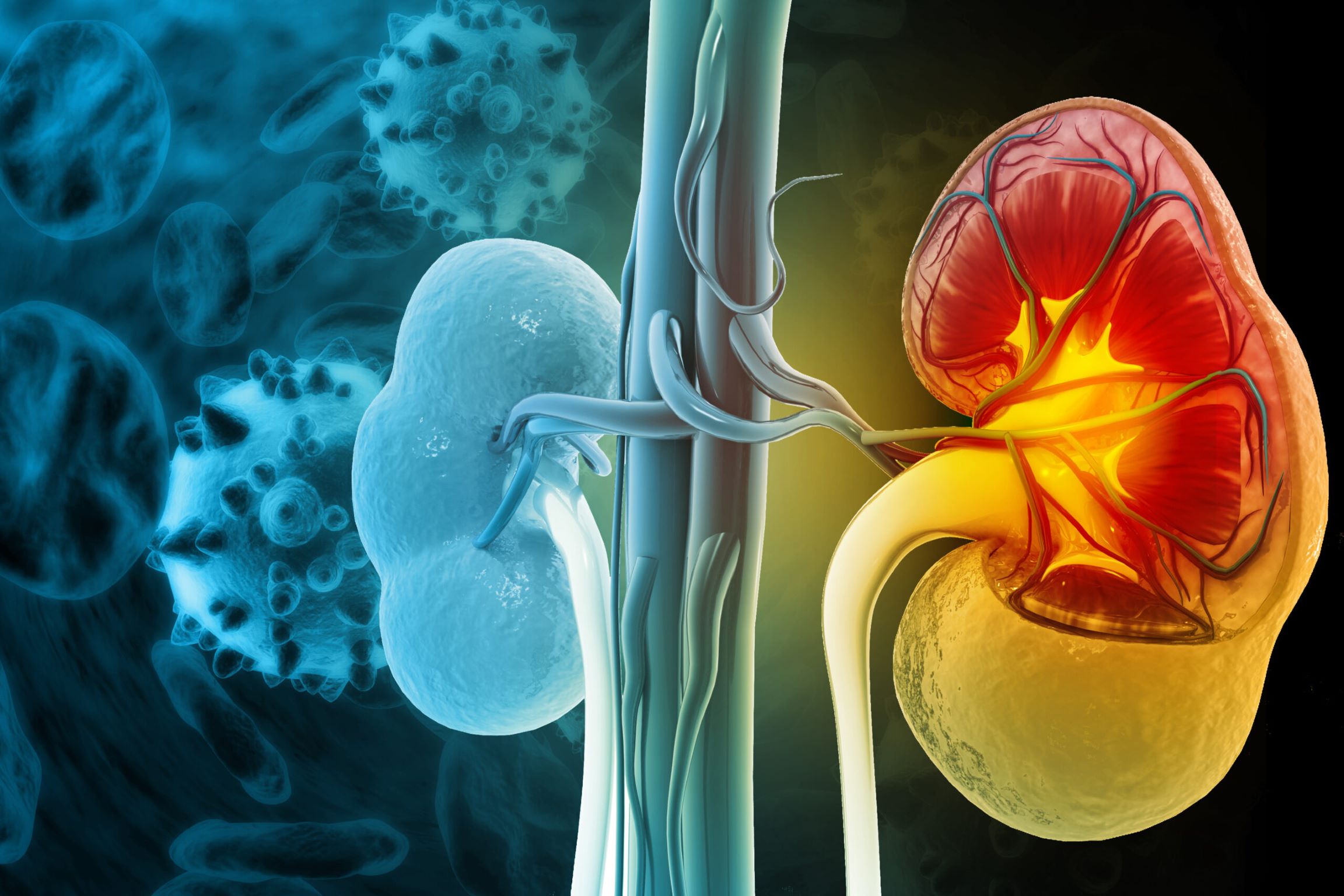10 February 2025 | Monday | News

Picture Courtesy | Public Domain
Genentech, a member of the Roche Group, announced that a detailed analysis of its Phase III REGENCY trial of Gazyva® (obinutuzumab) in people with active lupus nephritis (LN) has been released.
The trial demonstrated a statistically significant and clinically meaningful improvement in the primary endpoint of complete renal response (CRR), showing that 46.4% of people treated with Gazyva plus standard therapy (mycophenolate mofetil and glucocorticoids) achieved CRR at 76 weeks compared with 33.1% of people treated with standard therapy alone (adjusted difference 13.4%, 95% CI, 2.0%-24.8%; p=0.0232). This was accompanied by clinically meaningful improvements in complement levels and reductions in anti-dsDNA, markers of disease activity and inflammation.
Data were presented at the World Congress of Nephrology (WCN) 2025 and are being shared with health authorities, including the U.S. Food and Drug Administration (FDA) and the European Medicines Agency.
“The fact that nearly half of lupus nephritis patients achieved a complete renal response, together with clinically meaningful benefits observed consistently across subgroups, indicates superior disease control with Gazyva compared to standard treatment alone,” said Levi Garraway, M.D., Ph.D., chief medical officer and head of Global Product Development. “Lupus nephritis disproportionately affects younger women, mostly women of color, often leading to end-stage kidney disease. Our goal is to address this urgent need by providing a more effective treatment option.”
“The positive REGENCY study results confirmed the findings of an earlier trial that administration of obinutuzumab, a therapy which targets B cells, benefited patients with lupus nephritis more than standard treatment alone,” said Dr. Richard Furie, the Marilyn and Barry Rubenstein Chair in Rheumatology and Chief of the Division of Rheumatology at Northwell Health. “It is also gratifying to see that patients who received obinutuzumab were not only more likely to achieve the desired outcome but were able to taper corticosteroids at the same time.”
Gazyva’s safety profile was consistent with the well-characterized profile observed in its hematology-oncology indications. Key secondary endpoints showed that at week 76, patients who received Gazyva plus standard therapy were more likely to achieve CRR, with a successful reduction of corticosteroid use than standard therapy alone. In addition, a higher proportion of patients also showed improvement in proteinuric response when treated with Gazyva plus standard therapy versus standard therapy alone. These endpoints are important indicators for achieving better disease control in lupus nephritis. As seen in pre-specified subgroup analyses, a benefit in CRR with Gazyva over standard therapy alone was consistent across all subgroups of patients including indicators of more active lupus nephritis, Class IV lupus nephritis, concomitant Class V disease, higher baseline proteinuria levels, and/or greater serologic activity.
© 2026 Biopharma Boardroom. All Rights Reserved.